
The Online Workshop will consider which role the Guarantees of Origin (GOs) might play in promoting the development of decarbonised/renewable gases and, more generally, decarbonised/renewable energy vectors within a framework aimed at achieving the renewable penetration policy goal at least costs. It will also consider the relationship between GOs, Green Certificates (GCs) and other support schemes and whether the current governance of the GOs is fit for any new role that they might be called to play in the future.
To explore these issues, the Workshop will be structured in two sessions:
This workshop is exclusively open to national regulators, representatives from public bodies and associate & major donors of the FSR Energy area. Special registration requests must be submitted to the coordinator of the workshop Mara Radulescu.
The European Union has committed itself to ambitious sustainability targets for 2030, including a 32% minimum share of renewables in final energy consumption, likely soon to be increased. The achievement of these targets requires a change of pace in many sectors of the economy. The energy sector is called to contribute with a massive increase in electricity and gas generation from renewable energy sources.
The EU policy approach to decarbonisation will be based on the reformed Emission Trading Scheme (ETS), which should provide a consistent pricing of carbon and, therefore, promote decarbonised/low carbon energy vectors. However, while being a very useful instrument, the EU ETS alone will not likely be able to promote the penetration of renewable energies to the extent needed to meet the policy targets and renewable support schemes will be required to provide the additional stimulus for the deployment of renewable energies.
There is a long tradition and significant experience in support schemes for renewables-based electricity. In the gas sector, support for renewable gases has been much more limited, and so has been the penetration of these gases. The question therefore arises regarding the most effective instrument(s) to promote the development of decarbonised gases. More generally, as the renewable penetration target could be achieved with different mixes of technologies and renewable energy vectors (renewable electricity, renewable gases, biomass, etc.), an approach is needed which promotes the achievement of the target at least cost. And the need for least-cost solutions will be greater the more ambitious the renewable target becomes.
A holistic approach to deliver overall efficiency in achieving the renewables penetration target requires a “common currency” which provides a consistent (price) signal against which the cost of different technologies and renewable vectors can be assessed. In the electricity sector, GCs could play such a role (even though their use in the EU has so far been quite limited). Beyond the electricity sector, and therefore also in the gas sector, GOs might play a similar role. In fact, they may also be interlinked to GCs to provide consistent “common currencies” for overall efficiency in achieving the policy objectives. Such interlinkage will be even more important in the face of the increasing integration of these two sectors through “sector coupling”. Similarly, GOs might be used to promote renewable energy vectors in other sectors as well.
Deadline for registration: 15 May 2020
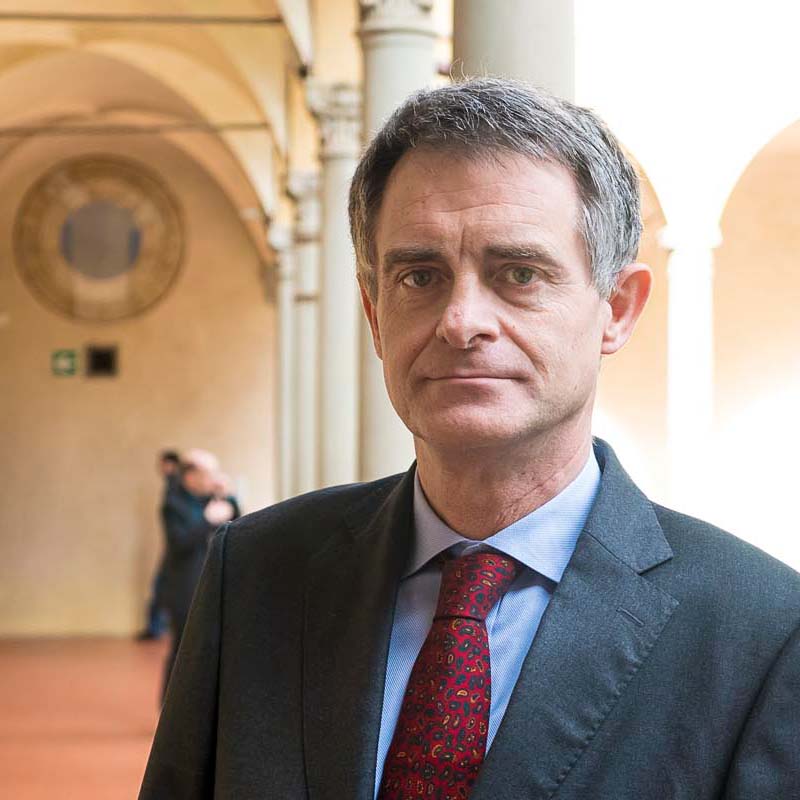
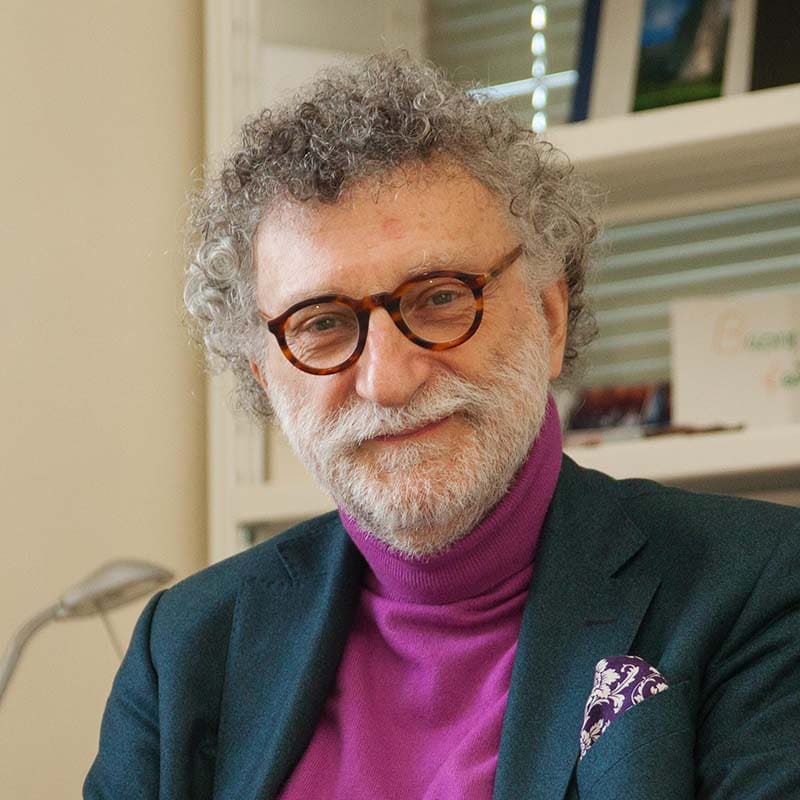
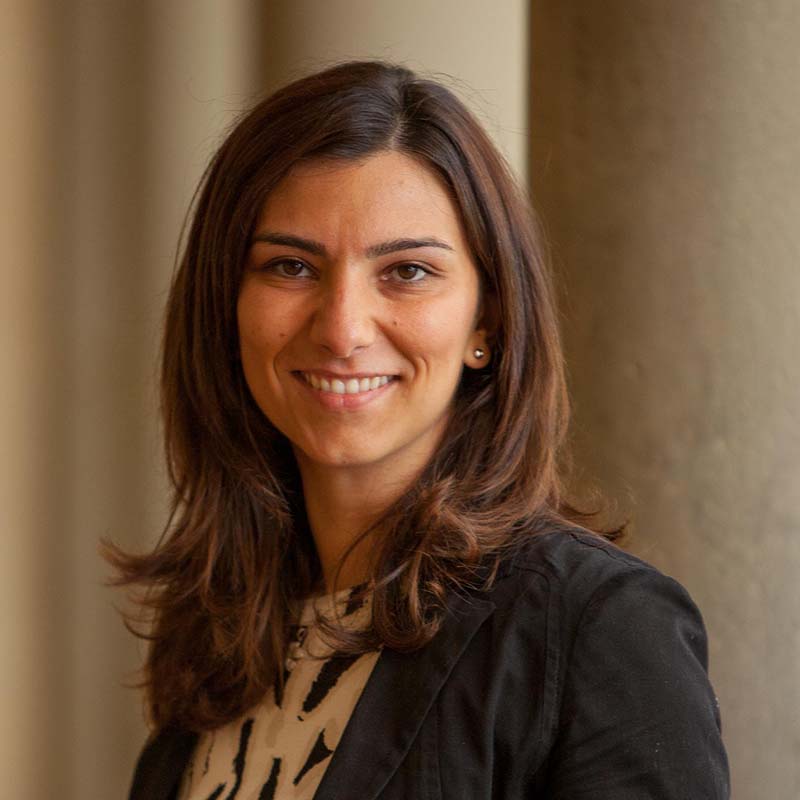
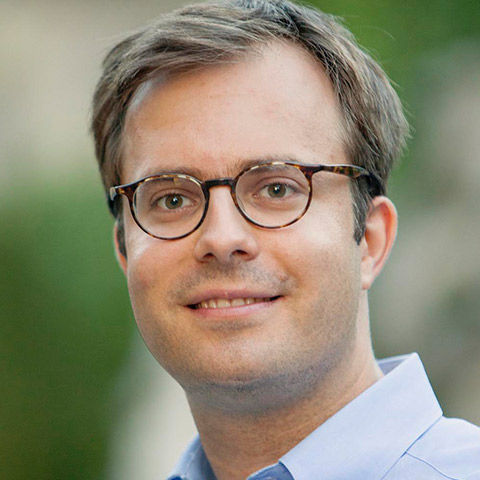
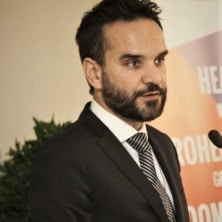
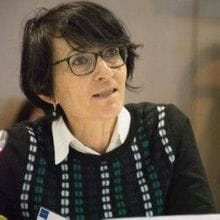


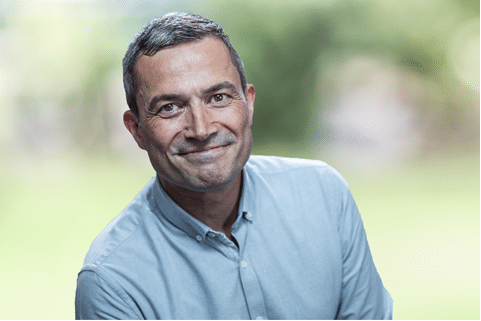

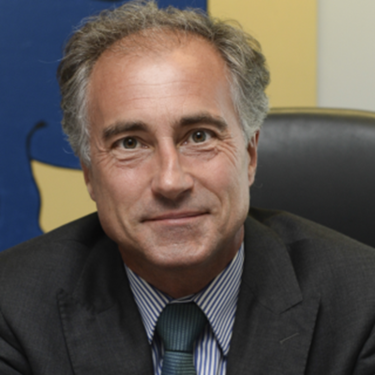






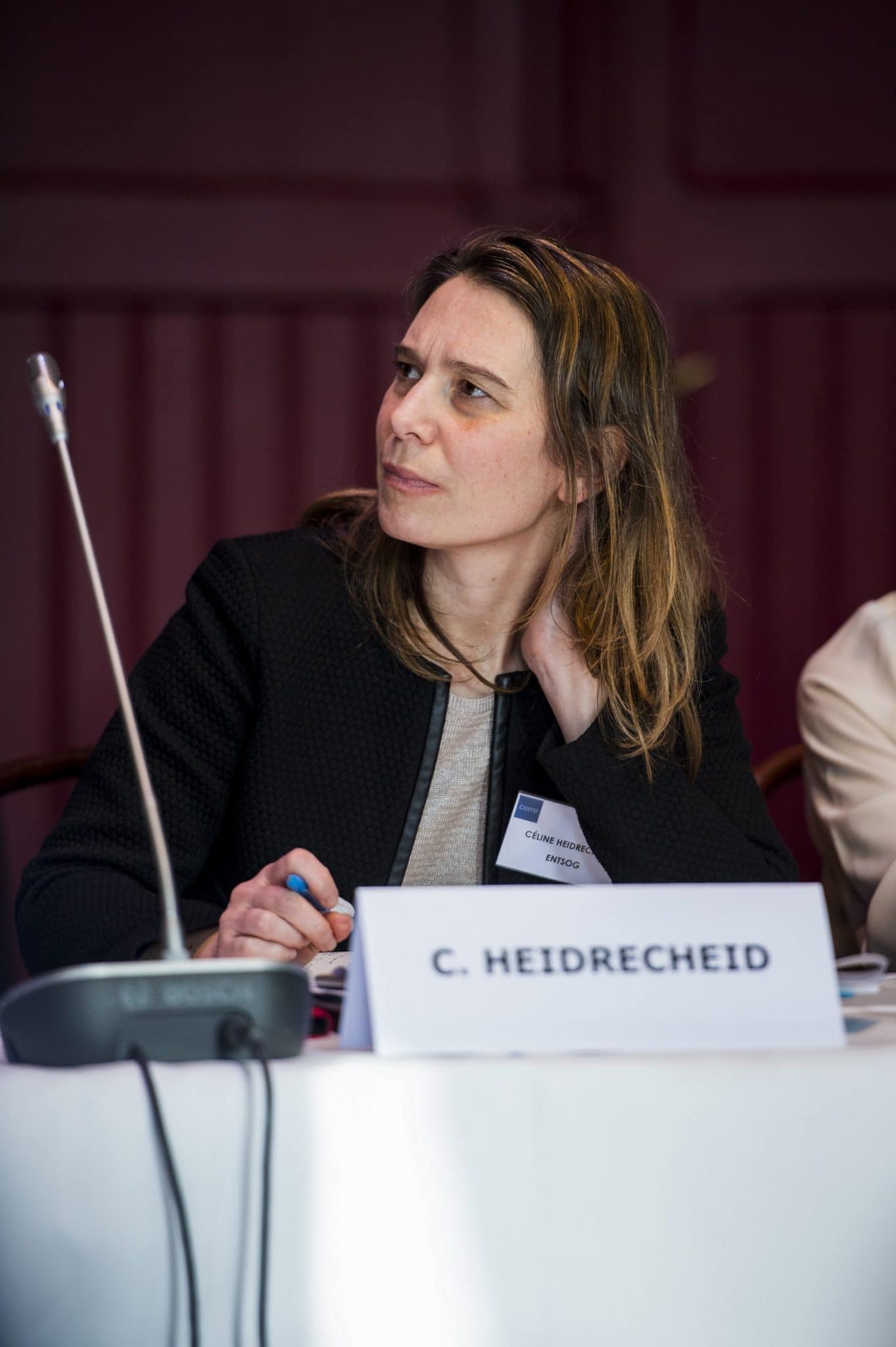

To meet, discuss and learn in the channel that suits you best.